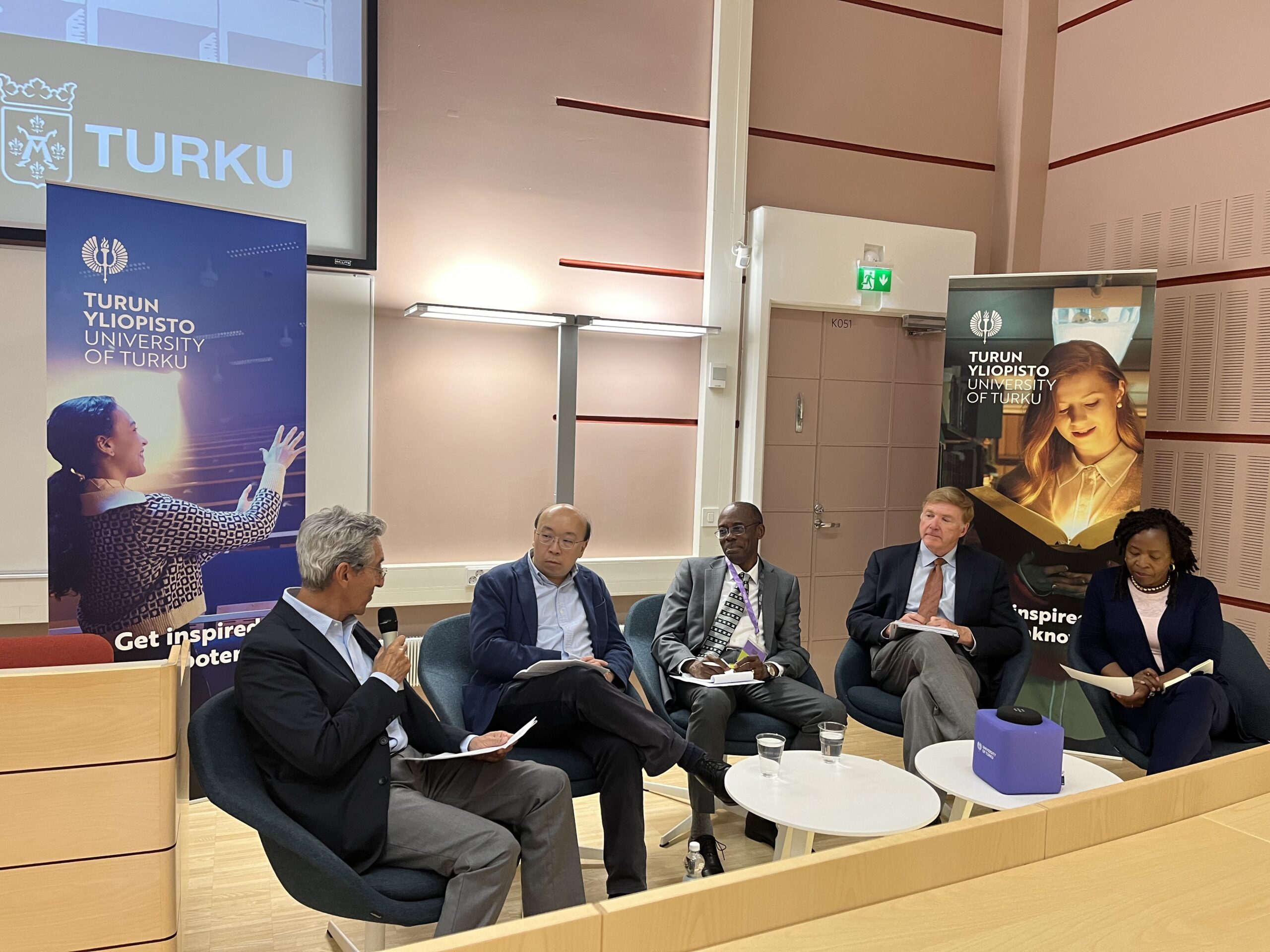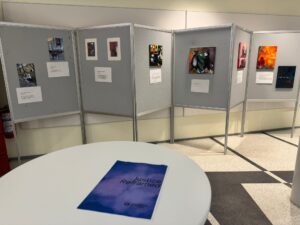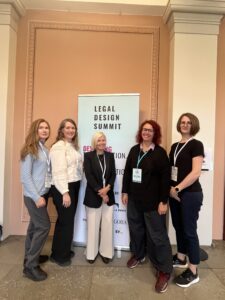Bridging Global Norms and Local Realities: IP and Technical Cooperation in Africa
International treaties often struggle to capture specific regional or national priorities. This disconnect can cause difficulties that diminish their relevance and effectiveness, particularly in the Global South. This piece summarises and reflects on the TACIP 2025 Conference’s discussions about how Africa’s unique development priorities differ from global Intellectual Property harmonisation policies and explores ways to resolve this paradox.
Background
In August 2025, a group of leading Intellectual Property (IP) scholars, policymakers, and legal professionals from around the world gathered in Turku, Finland, for a two-day International Conference on “Intellectual Property and Technical Cooperation in Africa – TACIP 2025.” The event was held at the Faculty of Law, University of Turku, from 20 to 21 August, as part of the Research Council of Finland project “Technical Assistance as an Enabler of the Constitutionalisation of Intellectual Property Norms in Africa” (TACIP). By promoting a holistic, context-sensitive approach, the conference sought to reimagine how IP laws, policies, and technical assistance can shape innovation, development, and sustainable progress in Africa. The conference was organised in a plenary format, fostering an atmosphere of collective, engaging dialogues. Approximately 55 participants attended the event, including invited speakers, panellists, professors from other Finnish universities, and staff and students from the university’s Faculty of Law.
To open the Conference, the Principal Investigator of the TACIP Project, Daniel Acquah, began the discussions by questioning whether technical cooperation driven by organisations like the World Intellectual Property Organisation (WIPO) and the World Trade Organisation (WTO), and implemented through the two African regional IP organisations – the African Intellectual Property Organisation (OAPI) and the African Regional Intellectual Property Organisation (ARIPO), has achieved the expected economic development outcomes for African countries. He stated that his main aim in convening the conference was to initiate an interdisciplinary investigation into how law and policy frameworks could support development in Africa.
Summary of Key Deliberations
The conference featured three compelling keynote presentations (available on the project´s website), seven engaging panel discussions, and concluded with a round-table discussion. Thought-provoking deliberations emerged as the panellists centred their debates on themes such as rethinking sovereignty in continental IP integration, donor-driven versus recipient-driven assistance, capacity building and knowledge transfer, green and inclusive innovation, and bridging the implementation gap between institutions and innovation.
Some discussions explored whether WIPO’s and other multilateral actors’ technical cooperation efforts foster sustainable IP ecosystems or sustain dependence. Other panellists proposed how organisations such as ARIPO, OAPI, and the African Union (AU) could redesign assistance frameworks to better align with public interest priorities like traditional knowledge protection, impartial technology transfer, and socio-cultural innovation.
An Assistant Director General of WIPO, Dr Edward Kwakwa, highlighted that WIPO has 28 Treaties. Focusing on WIPO’s Treaties, he discussed the four pillars of cooperation: shaping international rules, supporting development, delivering global services, and providing information. He stressed the organisation’s efforts to balance developmental goals with the need to uphold established global IP principles.
During the conference debates, it became clear that in relation to Africa’s integration into the global knowledge and IP community, equitable IP technical assistance has yet to meet its goals. Prof. Ruth Okediji (Harvard Law School), in her keynote speech, questioned the uneven distribution of technical assistance, noting that existing technical assistance programmes may hinder the most disadvantaged from accessing capital. A potential solution to this issue was suggested by Prof. Hughes (Loyola Law School), who advocated moving away from a top-down approach to IP technical assistance and recommended peer-to-peer and sector-based partnership models that empower local creators and enterprises.
Future Outlook
The conference finished on a positive note with a round-table discussion titled: Charting a Just IP Future. Experts on this panel took turns to address key issues such as how IP enforcement can be balanced to protect rights without increasing inequality or limiting access to essential goods like medicines and education. Looking ahead, the policy landscape offers several opportunities for reform. Future debates on IP and technical cooperation in Africa will probably show the continent shifting from passive recipients of IP frameworks to active creators of an integrated and developmental IP ecosystem.
The new IP protocol under the AfCFTA, for instance, was identified as a vital opportunity to align continental integration with innovation-driven development, though it requires further scrutiny to ensure the least developed countries can have access to affordable goods. Many participants agreed that technical assistance should evolve beyond the legal transplants approach, expanding the dialogue from compliance to collaboration, reciprocity, and sustainable institutional learning instead of intermittent donor projects. It was suggested that incorporating TRIPS flexibilities and constitutional safeguards into Africa’s IP laws can help preserve regulatory autonomy. Participants also suggested that IP frameworks for Africa should promote community-based knowledge and green innovation. The importance of locally driven IP awareness and entrepreneurship support within technical assistance programmes is worth promoting since it was repeatedly emphasised.
Conclusion and General Impression
In summary, the TACIP 2025 Conference produced policy recommendations to reshape the narrative around IP technical assistance, shifting from the “one-size-fits-all” global norms to realistic regional contexts in which African countries are not just recipients of rules and support but co-authors of regionally relevant global IP futures.
The feedback from attendees suggests that this was a landmark event in global IP Scholarship. During the roundtable discussion, Prof. Okediji especially noted that this is only the second African-centred IP Conference she has attended in her two-decade career in the field. On LinkedIn, many participants shared their glowing impressions of TACIP 2025, the University of Turku, and Finland. Some students from the faculty who attended the conference expressed their heartfelt appreciation to the organisers, revealing how inspired they felt by the event. Some shared that they now aspire to pursue IP Law at a higher level after observing the debates by esteemed scholars and professionals. One student even mentioned a newfound perspective on the international law-making process, recognising the importance of considering the needs of the global south – a refreshing shift from the predominantly Western viewpoints they usually encounter in their studies here in Finland.
Acknowledgement
The TACIP Conference 2025 was funded by the Research Council of Finland, supported by the Faculty of Law, UTU, and also received some hospitality sponsorship from the city of Turku. There was a seamless flow of events at the conference, thanks to the collaborative work between the conference planning team and the faculty’s administrative staff, especially Tarja Linden. The conference planning team comprised Kirsi Tuohela, Ama Opoku Acquah, Sahar Karimi, Chisanga Mutale, and Saara Luukko, and it was co-chaired by the PI, Daniel Acquah, and Sean Morris.
About the TACIP Project
TACIP is a five-year research initiative (2022–2027), funded by the Research Council of Finland and based at the Faculty of Law, University of Turku. TACIP investigates how technical assistance in Intellectual Property—particularly from international organisations such as the World Intellectual Property Organization (WIPO) or the World Trade Organization (WTO)—influences the constitutionalisation of IP norms in African countries.

Photo by: Rosa Lampela
About the Author

Ama Opoku Acquah worked as a Project Researcher on the TACIP Project and was a member of the planning team for the TACIP Conference 2025. She is also a Doctoral Researcher in Energy Law at the University of Eastern Finland. Her research concentrates on Petroleum Resource Governance and Citizens’ Rights Protection in Emerging Sub-Saharan Producing Countries, drawing lessons from Europe.







